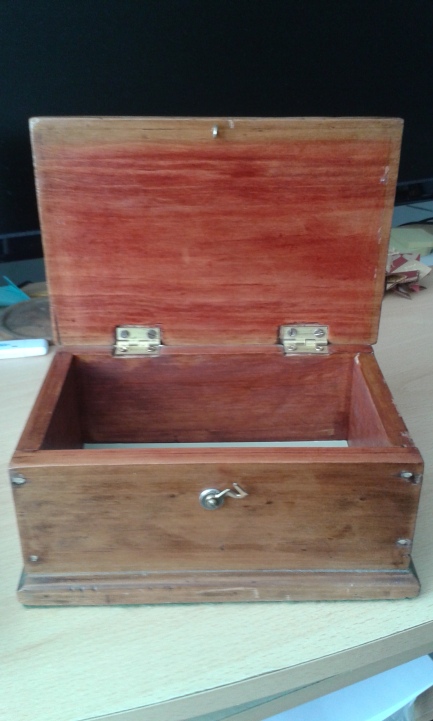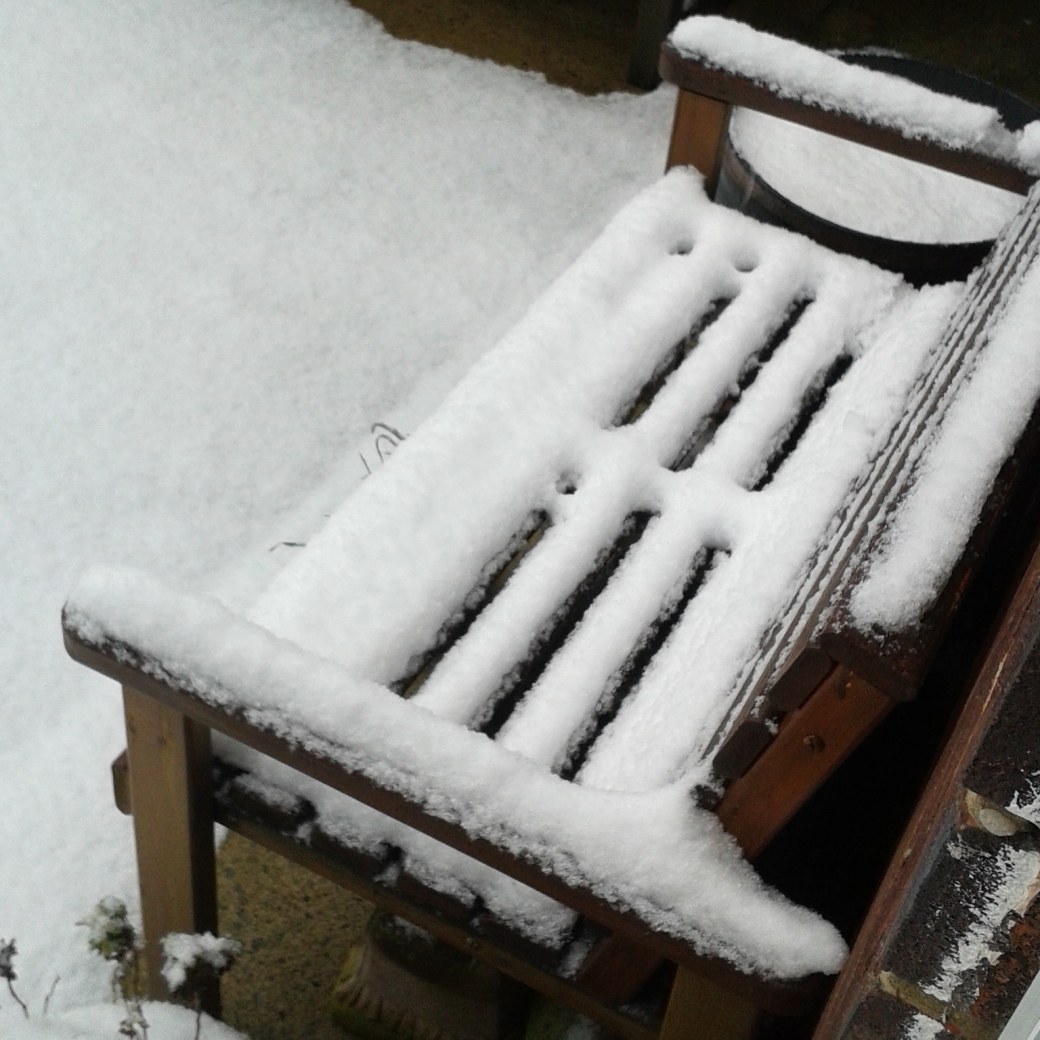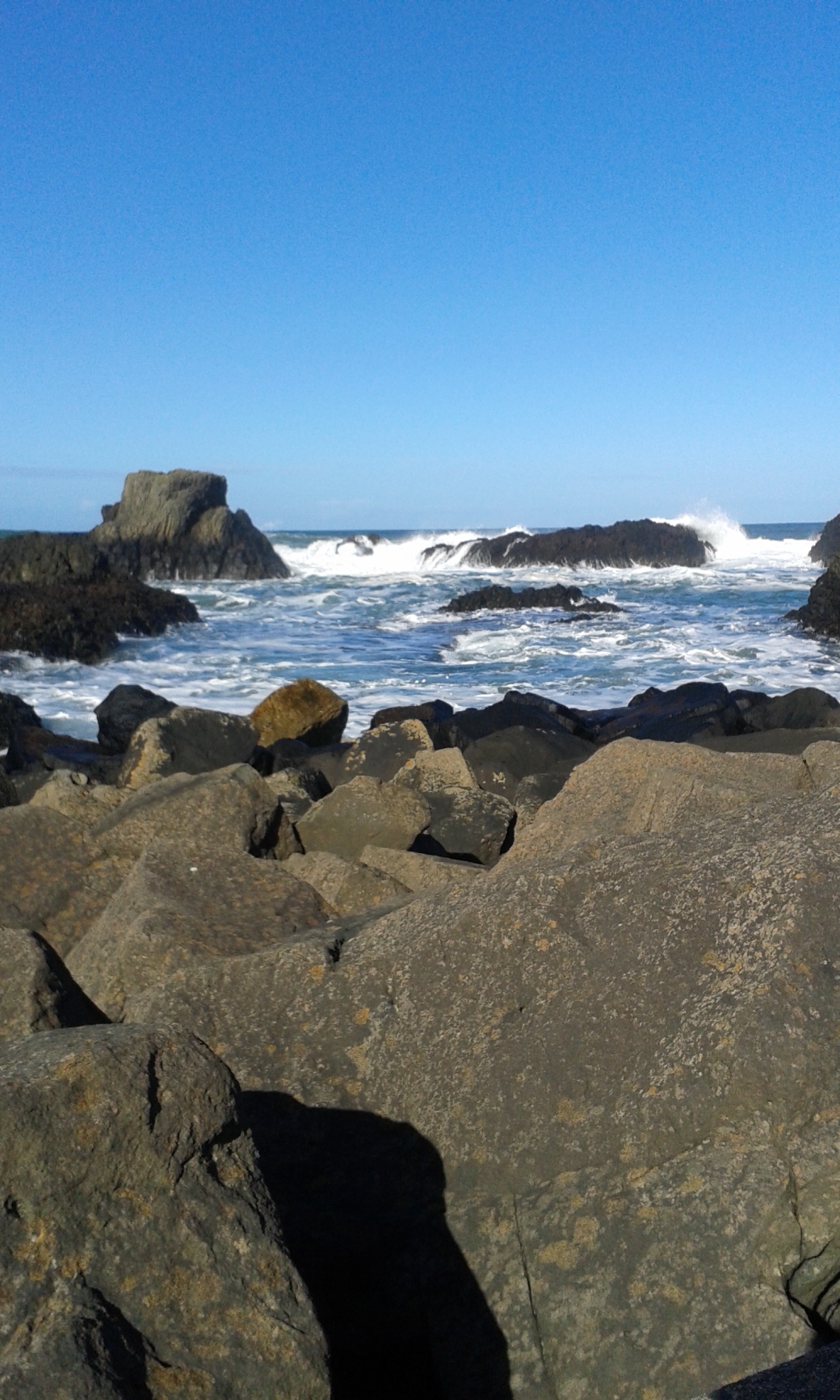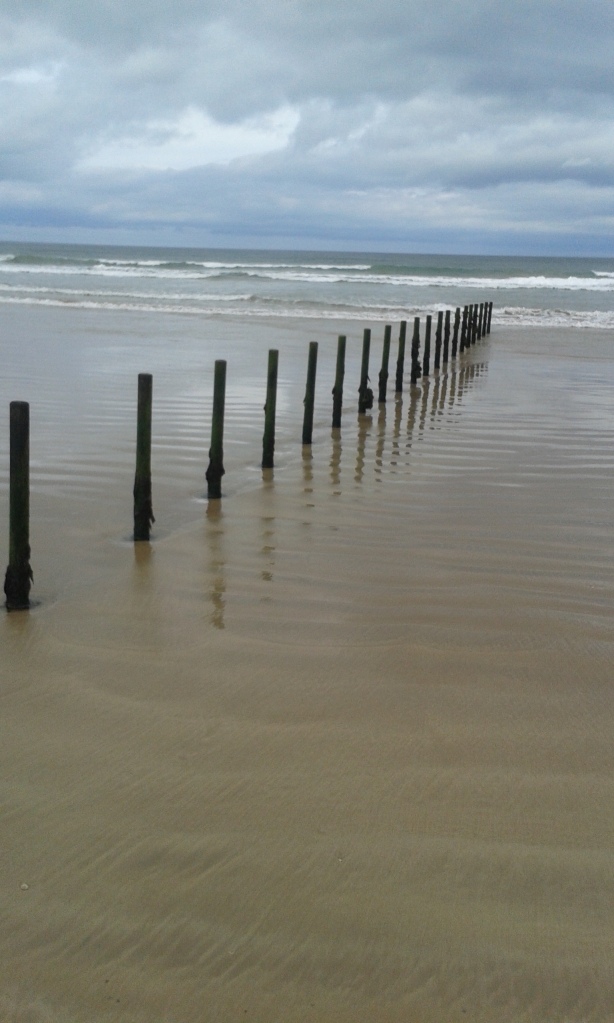
The phrase ‘opening Pandora’s Box’ (or opening a ‘can of worms – how many worms could you fit in a can?) is often used as an expression for unleashing unforeseen and dangerous circumstance. Sometimes when I find myself looking at the world I am sure that the old legend has some real meaning. I find a familiar litany in the media these days; it usually begins with the word Trump and inevitably includes the Middle East or Russia. Jerusalem (on ancient maps the navel of the world) is also there as the setting for a strange cocktail of biblical theology and geopolitical maneuvers. Some right wing Christians in America see what is happening in the Middle East today as proof that their particular reading of the bible is the correct one. It is very easy to think that the world is going to tell in a handcart but it was ever thus, these days we just know more about it, and as someone once said there will always be “wars and rumours of wars”. The news cycle is relentless and the business of reading a quality newspaper can easily convince you that good news is thin on the ground. I am reminded of the efforts of a BBC reporter to focus only on good news, surely in defiance of the old journalistic saw “if it bleeds it leads”. Yet even the most pessimistic would have to admit that alongside all the death and destruction there is hope and light.
And yet religion tells us that this world is going to destruction anyway, and sometimes makes its own particularly violent contribution! Yet writing this world off is no option for the believer (or for any fully functioning human!) because at this present moment it is the only place we have to live so working to bring hope and peace is a profoundly sacramental act. Hope for heaven (whatever that means) can only really be understood as we pledge ourselves to work for peace and justice here and now. The old adage that religion is “pie in the sky when you die” is an insult to those who suffer and a denial of (in my tradition) the Prince of Peace.
The story of Pandora’s Box is what a previous generation may have called a cautionary tale; curiosity unleashing all sorts of horrors on the world but the last thing to leave the box was hope. Hope tangled up with all the bad stuff, like the wheat and the tares, as the hymn writer tells us “together sown unto joy and sorrow grown”. Actually that old Harvest hymns contains an important truth, the whole verse goes like this;
“We ourselves are God’s own field,
Fruit unto his praise to yield;
Wheat and tares together sown
Unto joy or sorrow grown;
First the blade and then the ear,
Then the full corn shall appear;
Grant, O harvest Lord, that we
Wholesome grain and pure may be”.
To be bringers of hope is hard work, in the words of Canadian songwriter Bruce Cockburn you have to “kick at the darkness until it bleeds daylight”, or like Jacob in that old story you have to wrestle with the stranger by the river to receive the costly blessing. Imagine Pandora watching the consequences of her curiosity visited in the world and then discovering that at least the gods had left something behind. The afterthought that just might save us, hope. Or as the sage of Kensington, the great Gilbert Keith Chesterton wrote “Hope means expectancy when things are other wise hopeless”.
(Thanks to the Revd. Donald Briddock for the box – a gift from another land).
One of my favourite places-



